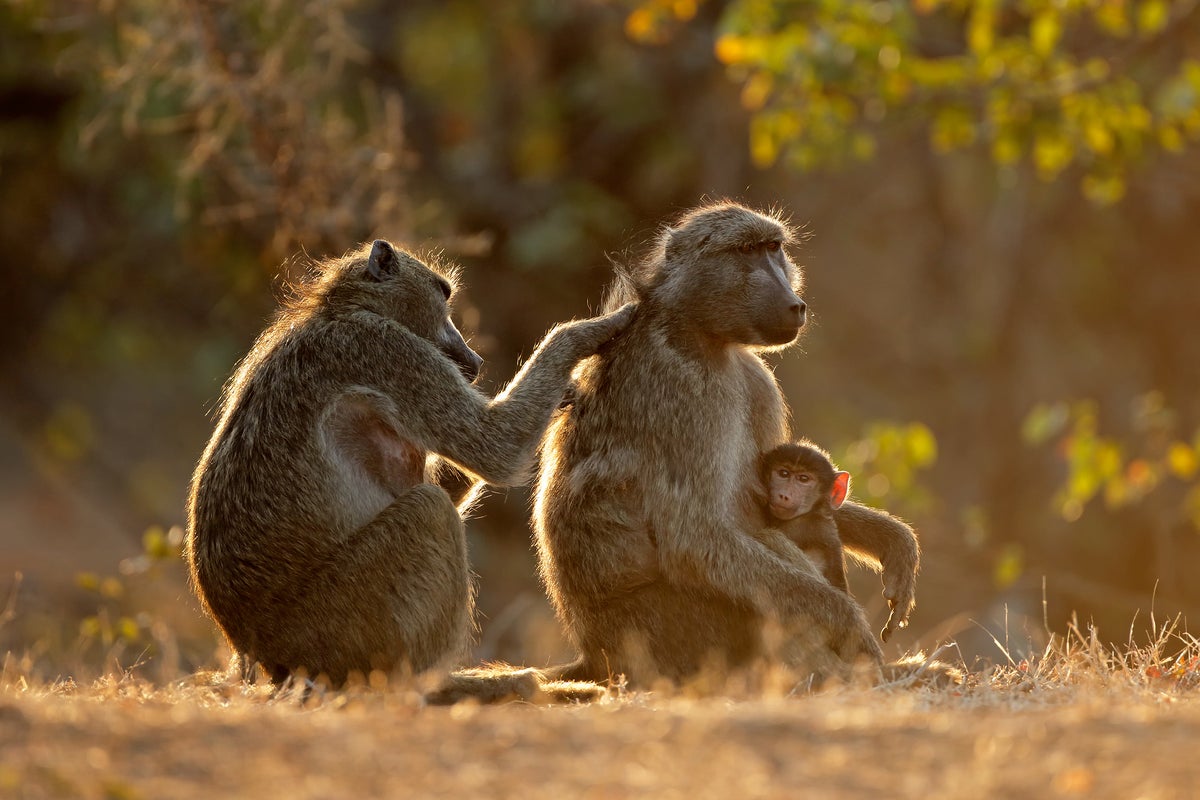Home / Science / Primates Feast on Fungi: Surprising Dietary Shift Uncovered in Tanzania
Primates Feast on Fungi: Surprising Dietary Shift Uncovered in Tanzania
30 Sep
Summary
- Mushrooms play a crucial role in primate diets in East Africa
- Baboons rely on fungi for over 10% of their diet, even when scarce
- Chimpanzees and monkeys turn to mushrooms as a seasonal fallback food

A recent study conducted in the Issa Valley of western Tanzania has uncovered a surprising and potentially crucial role for mushrooms in the diets of wild primates. The research, which has been ongoing for nearly two decades, has focused on understanding the feeding habits and competition dynamics of savanna-woodland primates in East Africa.
The study found that all three primate species under observation - chimpanzees, yellow baboons, and red-tailed monkeys - regularly consume mushrooms. However, the reliance on and use of these fungi varied significantly among the species.
For chimpanzees and red-tailed monkeys, mushrooms served as a seasonal supplement, becoming an important food source when ripe fruits were less abundant. In contrast, baboons treated mushrooms as a preferred food, with fungi making up more than 10% of their diet despite being available for only half the year.
Advertisement
This nuanced difference in mushroom consumption suggests that the primates are employing strategic niche partitioning to minimize competition and improve their feeding efficiency. By exploiting fungi in different ways, the three species are able to coexist and thrive in the same habitat.
The findings from this study not only shed light on the ecological adaptations of these primates, but also hint at the potential evolutionary significance of mushrooms in the diets of early human species. As the habitat of the Issa Valley is thought to resemble the mosaic woodland landscapes where human ancestors evolved, the researchers believe that Australopithecus, Homo habilis, and other early hominins may have also relied on fungi as a food source.
This research serves as a reminder that hidden treasures like wild mushrooms can play a crucial role in the ecology and evolution of both human and non-human primates, and that understanding these relationships is essential for managing shared resources and preserving biodiversity.




